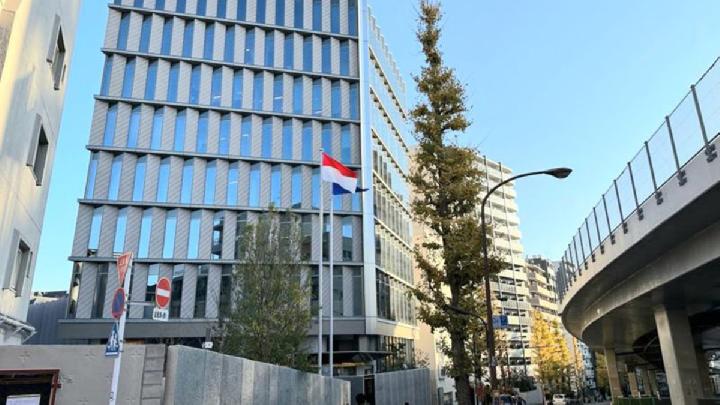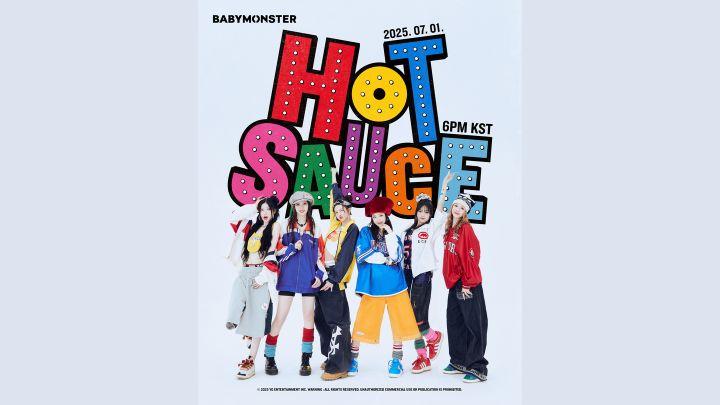Jannik Sinner beat Ben Shelton in straight sets here on No 1 Court on Wednesday and progressed serenely to the Wimbledon men’s singles semi-finals. He took the applause, gave an anodyne interview and autographed giant tennis balls for eager kids.
Shelton played some thunderous, brilliant tennis but Sinner swatted him aside. It turned out his injured elbow was not a problem. Nor was his awkward acquaintance with anabolic steroids. Nobody mentioned the doping because that would have been impolite.
So here is a quick refresher: on February 15, Sinner ‘accepted’ a three-month ban in a ‘settlement’ with the World Anti-Doping Agency after the world No 1 twice tested positive for the anabolic steroid clostebol in 2024.
The language used suggested the Italian had made a particularly magnanimous gesture and that we ought to be terribly grateful to him for giving his consent to his ban. Remember that term ‘strict liability’? No, I thought not. Falling foul of it used to be a serious thing. How quaint that idea seems now.
Many had urged that Sinner, 23, be banned for much longer but instead, tennis listened to a pocketful of mumbles from expensive lawyers that centred on an interesting story about a physio, a masseur, a wash bag, a scalpel, a cut finger and a spray purchased from a Rome chemist.
It put one in mind of Tyson Fury and his penchant for wild boar testicles that was his explanation for a positive test for nandrolone. Tennis accepted it, though, and now we are all agreed there could not possibly have been any intent to gain an unfair advantage.
Jannik Sinner beat Ben Shelton in straight sets to reach the Wimbledon men’s singles semis
It turned out that Jannik Sinner's injured elbow was not a problem as he dispatched Shelton
Sinner let his fitness coaches go after he was found to have an anabolic steroid in his system
Sinner did not miss a single Grand Slam, which was nice. He was welcomed back to the sport like a returning, and wronged, hero. From that moment onwards, barely anyone mentioned the anabolic steroids. Sinner and Carlos Alcaraz are the future of men’s tennis, you see, and no one wants to sully that any more than they have to.
In May, Sinner had an audience with the Pope and made a gift to him of a tennis racquet. In June, he released a duet with Italian tenor Andrea Bocelli. It was called Dust and Glory, which sounds better than Doping and Glory.
When he lost a close match against Alcaraz in the final of the French Open last month, it was hailed as ‘a match for the ages’. The swooning over him was enough to make one feel somewhat queasy. The rush to absolution was complete. Rarely can the beatification of a Sinner have been conducted so smoothly.
Let us get one thing straight: Sinner should not have been playing at the French Open and he should not be here playing Novak Djokovic, who squeezed past Flavio Cobolli in four sets, in the semi-finals of Wimbledon on Friday, either.
Whatever one’s view of his intentions, the brevity of Sinner’s ban was an insult to clean athletes everywhere.
Three-time Grand Slam winner Stanislas Wawrinka spoke for many when he posted at the time: ‘I don’t believe in a clean sport anymore’. Nick Kyrgios called it a ‘sad day for tennis’ and former British No 1 Tim Henman said ‘it leaves a pretty sour taste for the sport’. They are all correct, of course. Sinner’s success since the expiry of his ban and the way he has been welcomed back with open arms, cheered to the rafters wherever he goes, asks all manner of questions about whether there is any deterrent in tennis to mitigate against doping any more.
A three-month ban for twice testing positive for an anabolic steroid? Maybe others will consider that that bargain is well worth the risk if they are considering doping deliberately, which Sinner was not, clearly.
Tennis looks like a sport, frankly, that has given up in the battle against performance-enhancing drugs.
Sinner's loss to Alcaraz in the final of the French Open was hailed as ‘a match for the ages’
The brevity of Sinner’s ban was an insult to clean athletes everywhere, writes Oliver Holt
Part of the equation is that the game is terrified of the commercial effect of the loss of the three greatest men’s players of all time. Roger Federer and Rafa Nadal are gone already and Djokovic, still chasing that record 25th singles Grand Slam title, is deep into the autumn of his magnificent career.
The game is betting the farm on an Alcaraz-Sinner rivalry but what a horrible irony it would be if Djokovic’s tilt at that 25th slam, that would lift him above Margaret Court as the player with the most singles titles in history, were to be ended by an opponent who, if his punishment were in line with others meted out to transgressors, should still be banned.
‘A majority of the players don’t feel that it’s fair,’ Djokovic had said when the terms of Sinner’s suspension were announced.
‘A majority of the players feel like there is favouritism happening. It appears that you can almost affect the outcome if you are a top player, if you have access to the top lawyers and whatnot.’
It should be the hope of all those who believe in clean sport that Sinner loses on Centre Court on Friday. If he wins and progresses to the Wimbledon final against Alcaraz or Taylor Fritz, it will be an embarrassment for a tournament that deserves better.

 2 months ago
48
2 months ago
48

















































